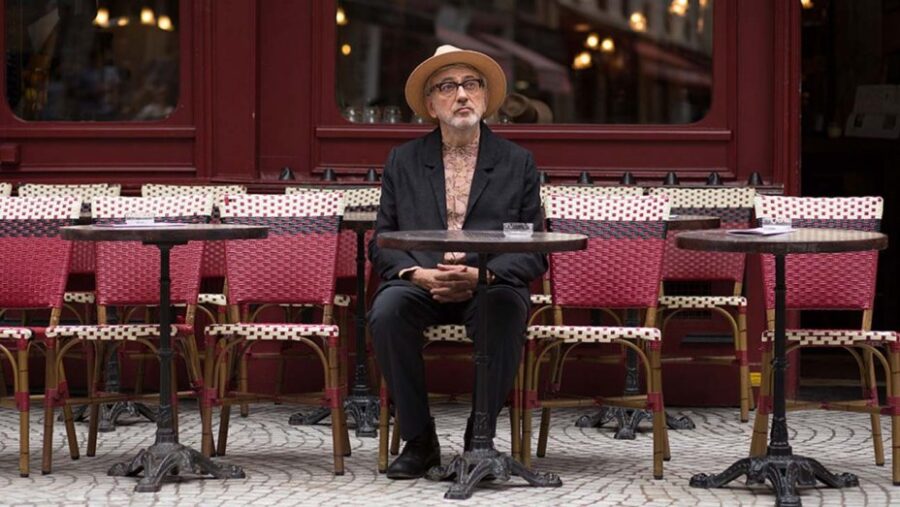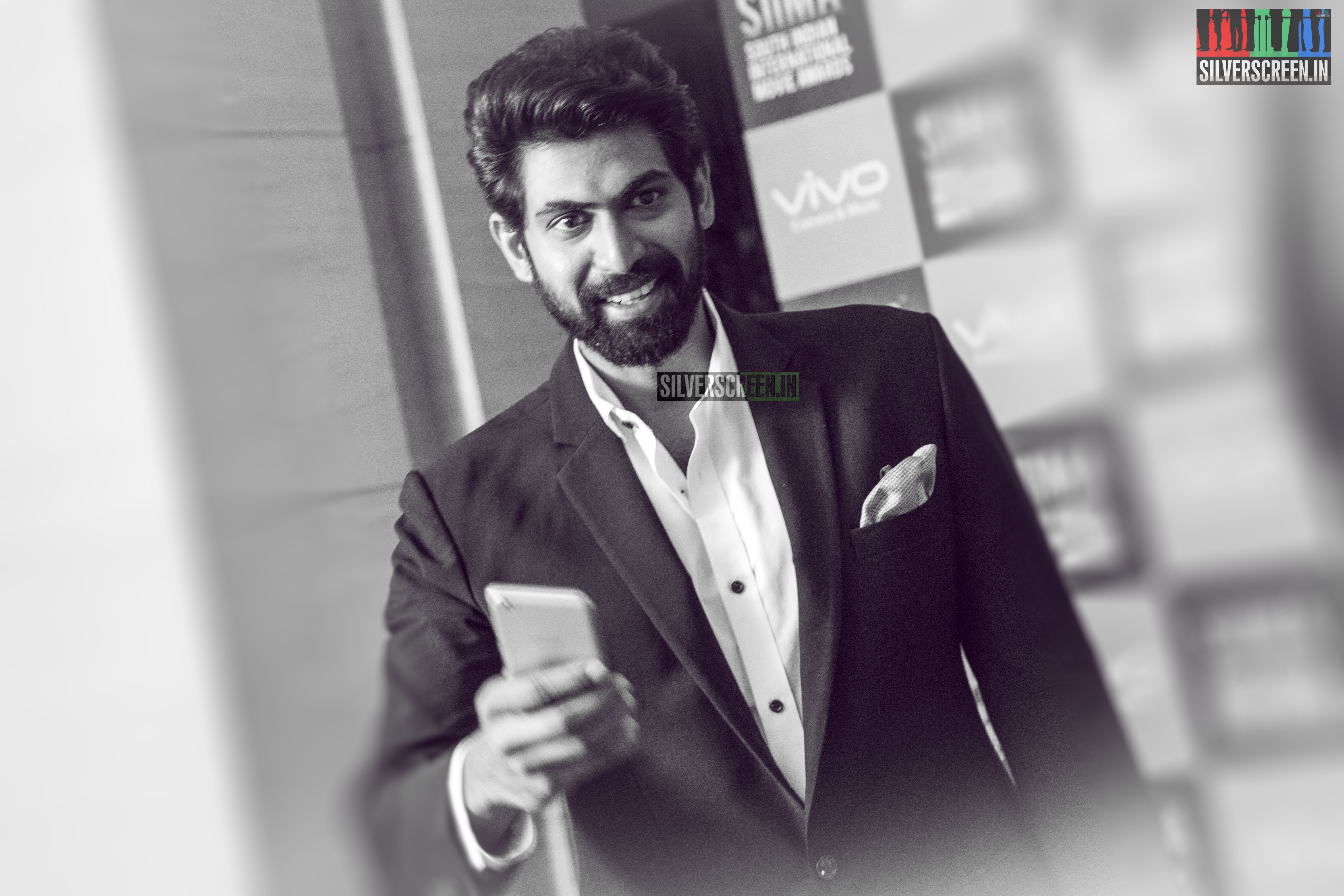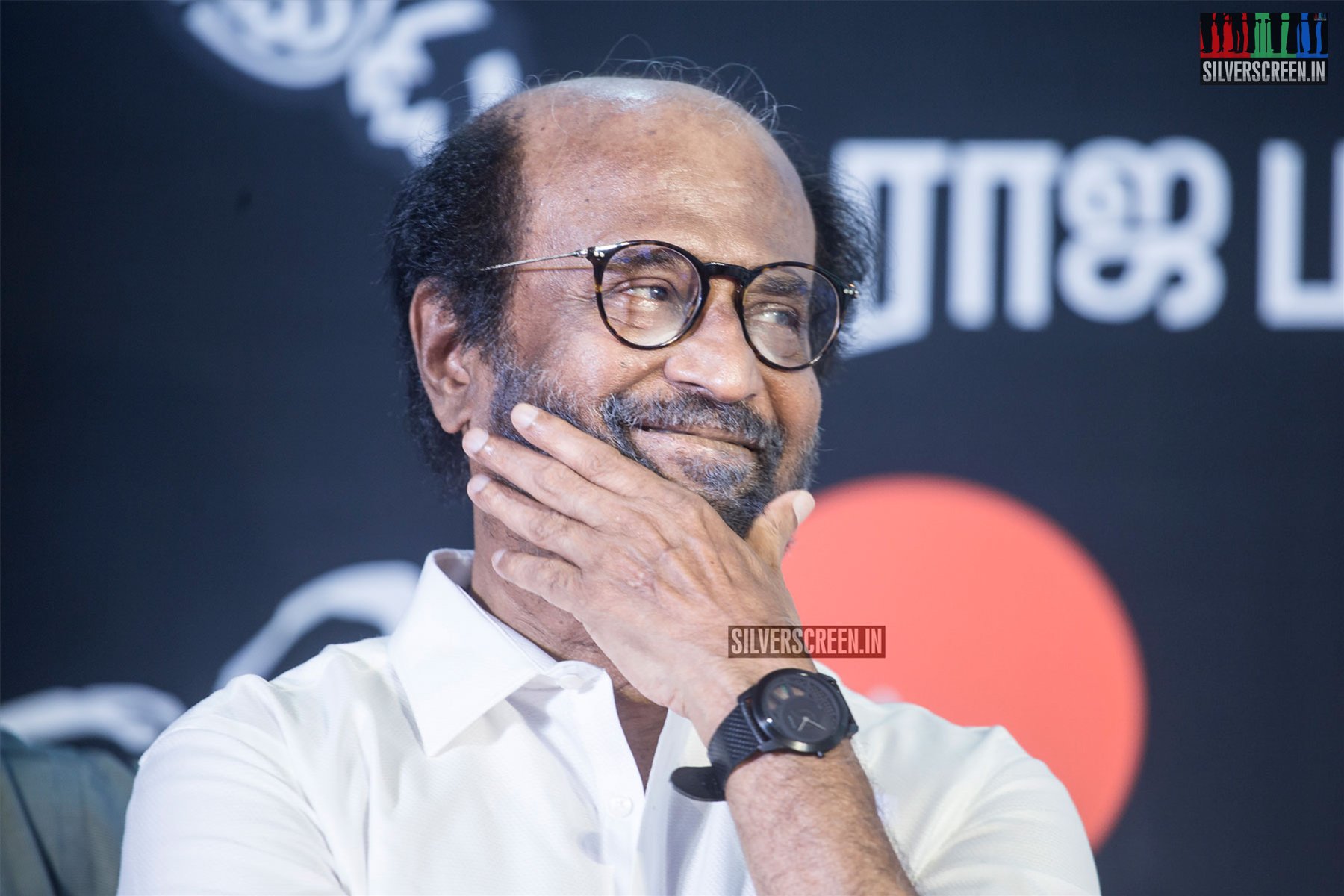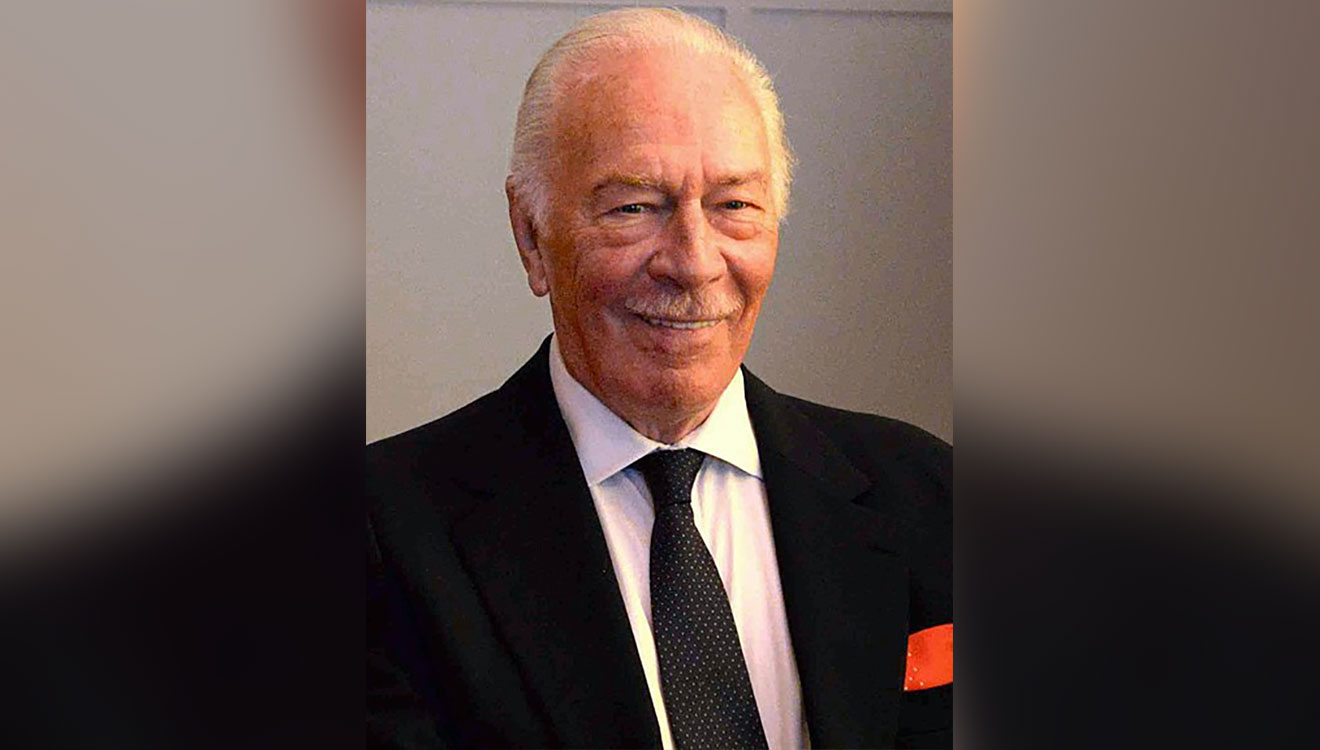In every edition of International Film Festival of Kerala (IFFK), there is an evening screening at Nishagandhi open-air theatre in the heart of Thiruvananthapuram that becomes the crux of the festival experience.
The amphitheater, equipped with a fantastic movie projection facility, has a seating capacity of 3000. Last year, at least three crowd-pullers – Gasper Noe’s Climax, Nadine Labaki’s Caparnaum and Hirokazu Kore-eda’s Shoplifters – were screened at Nishagandhi, to a full house under the night sky.
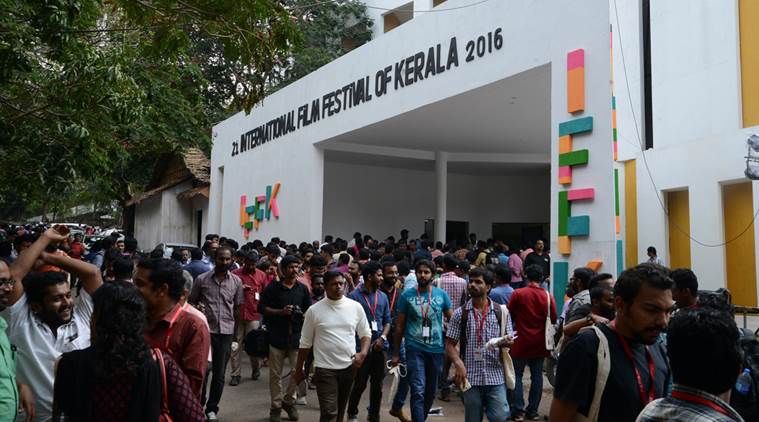
iffk1
This year, Nishagandhi will be screening high-profile films like Céline Sciamma’s Portrait Of A Lady On Fire, Pedro Almadovar’s Pain And Glory, and Bong Joon Ho’s Parasite. South Korean filmmaker Lee Chang Dong’s Burning (2018), a majestically shot film about the ugly class war beneath the nation’s crust, will be screened on Tuesday, 12 December at 10:30 pm. In the same evening, Michael Haneke’s Happy End will be screened at the amphitheatre.
On December 10, Elia Suleiman’s quirky and sensitive Palestinian drama It Must Be Heaven will be screened at Nishagandhi, and the next evening, Ken Loach’s Sorry We Missed You and Pain And Glory will be screened. Also in the line-up are Brazilian film Bacarau, a Lagaan-like film about a village taking on corrupt politicians and corporates, Teona Strugar Mitevska’s Macedonian film God Exists Her Name Is Petrunija, and Russian historical drama Beanpole which were widely praised at film festivals across the world.
Read: Interview With IFFK Artistic Director Bina Paul: “We Have Always Been A Cinephiles’ Festival”
This year, the 8-day-long film festival presents an interesting line-up of over 180 films which will be screened in 15 cinema halls in Thiruvananthapuram city.
One of the most interesting categories this year is a pool of seven Indian experimental films, named ‘Experimenta India’. Yashaswini Raghunandan’s That Cloud Never Left is a stunning docu-fiction centred on a community of toy-makers in a remote West Bengal village. It premiered at the International Film Festival Rotterdam’s (IFFR) the Bright Future Competition Section in January 2019, and competed in India Gold section of Mumbai Film Festival in October.
Recommended
Gautam Valluri’s Midnight Orange, another film that premiered at IFFR this year, explores the ‘relationship between architectural spaces and personal histories’. Also to watch in this section Ruchir Joshi’s Memories Of Milk City and Tales From Planet Kolkata, Shinrin Seno’s Nervous Translation and Bernd Lutzeler’s Galore.
In the International Competition are 14 films, including four Indian films. Hilal Baydarov’s When The Persimmons Grew, a meditative film about a lonely mother waiting for her son in rural Azerbaijan, Lebanese director Ahmed Ghossein’s war drama, All This Victory, which won the Venice Critics Week, and Belgium’s entry to the Oscar awards, Our Mothers, which won the Camera d’Or in Cannes, are some of the top entries in this category.
The World Cinema category, which is the most popular section at the festival every year, features 92 films. Italian drama Sole, directed by Carlo Sironi, in which a case of fake adoption that grows into a tender love story, Wang Xiaoshuai’s So Long My Son, about the conflict between personal and political in China, Portuguese auteur Pedro Coasta’s Vitalina Varela which picked up the Golden Leopard for the best film and the one for best actress at Locarno Film Festival in August, Dito Tsintsadze’s Inhale-Exhale, a dark tale set in post-Soviet Georgia, Gregor Bozic’s Slovenian film Stories From The Chestnut Woods, Moroccan writer-director Alaa Eddine Aljem’s The Unknown Saint, a breakout film from Cannes Critics Week, Philippine’s entry to the Oscars Verdict, a crime drama directed by Raymund Ribay Gutierrez, Amjad Abu Alala’s Sudanese drama You Will Die At Twenty, and Juris Kursietis’ French drama Oleg, on the crisis of a Latvian immigrant in Belgium are some of the interesting titles in this bunch.
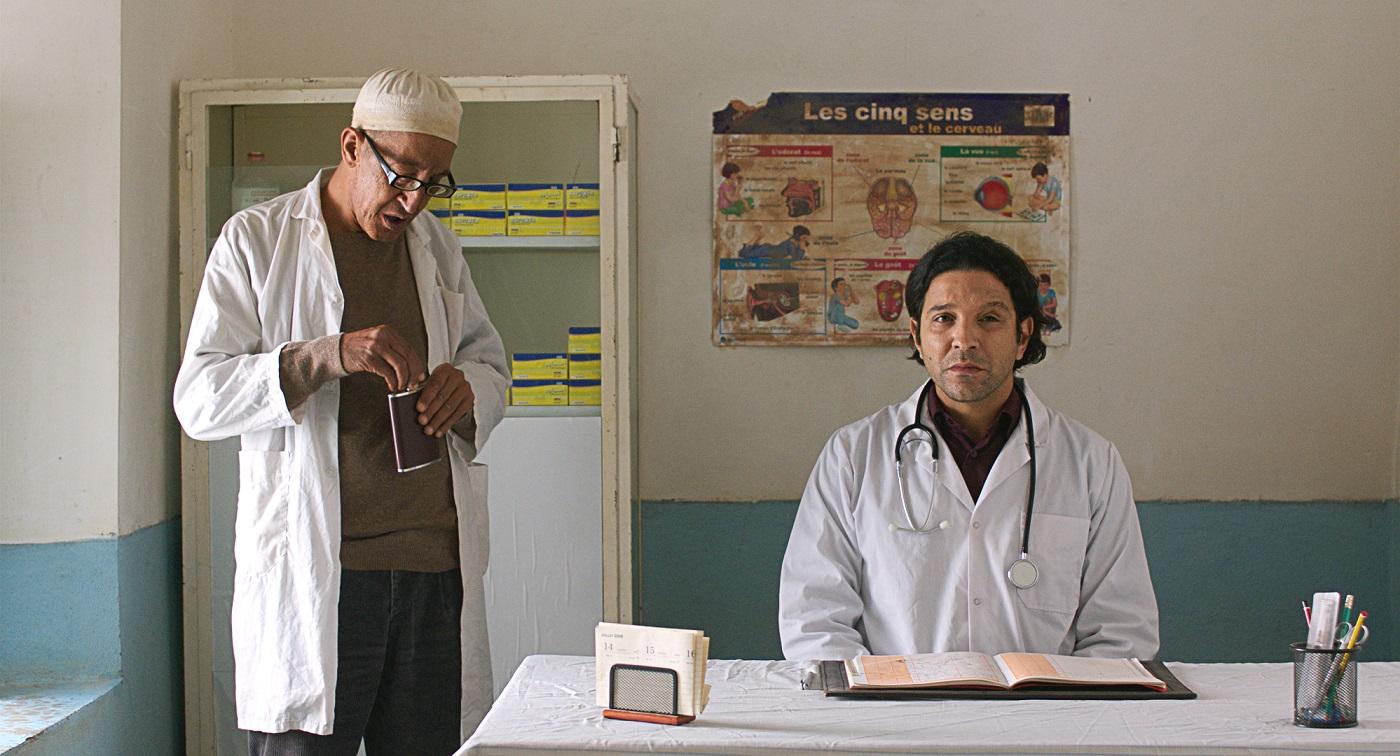
For cinephiles looking for auteur/classic films, there are three categories – Contemporary Masters In Focus, in which four films of Swedish filmmaker Roy Anderson and three of French filmmaker Tony Gaitlif will be screened, a retrospective section dedicated to Argentinian filmmaker Fernando Solanas who introduced the path breaking concept of Third Cinema, and a homage section dedicated to late filmmakers Girish Karnad, Lenin Rajendran, and Mrinal Sen, actor Miss Kumari, cinematographer MJ Radhakrishnan and film producer TK Pareekutty.
A vaguely named category ‘Kaleidoscope’ features some interesting Indian films, such as Kislay’s Just Like That (Aise Hi) a sensitively narrated drama which won the top prize at Mumbai Film Festival this year, and Gautam Ghose’s Wayfarers, which have two stunning performances, by Tilotama Shome and Adil Hussain.
The Post-Yugoslav cinema category features seven acclaimed films, including Dalibor Matanić Croatian language film High Sun, which touches upon the subject of ethnic hatred in the Balkan region, and Srdjan Dragojevic’s odd ball comedy The Parade about gay pride parade in Belgrade.
The 24th IFFK begins on December 6 in Thiruvananthapuram, and concludes on December 13.
